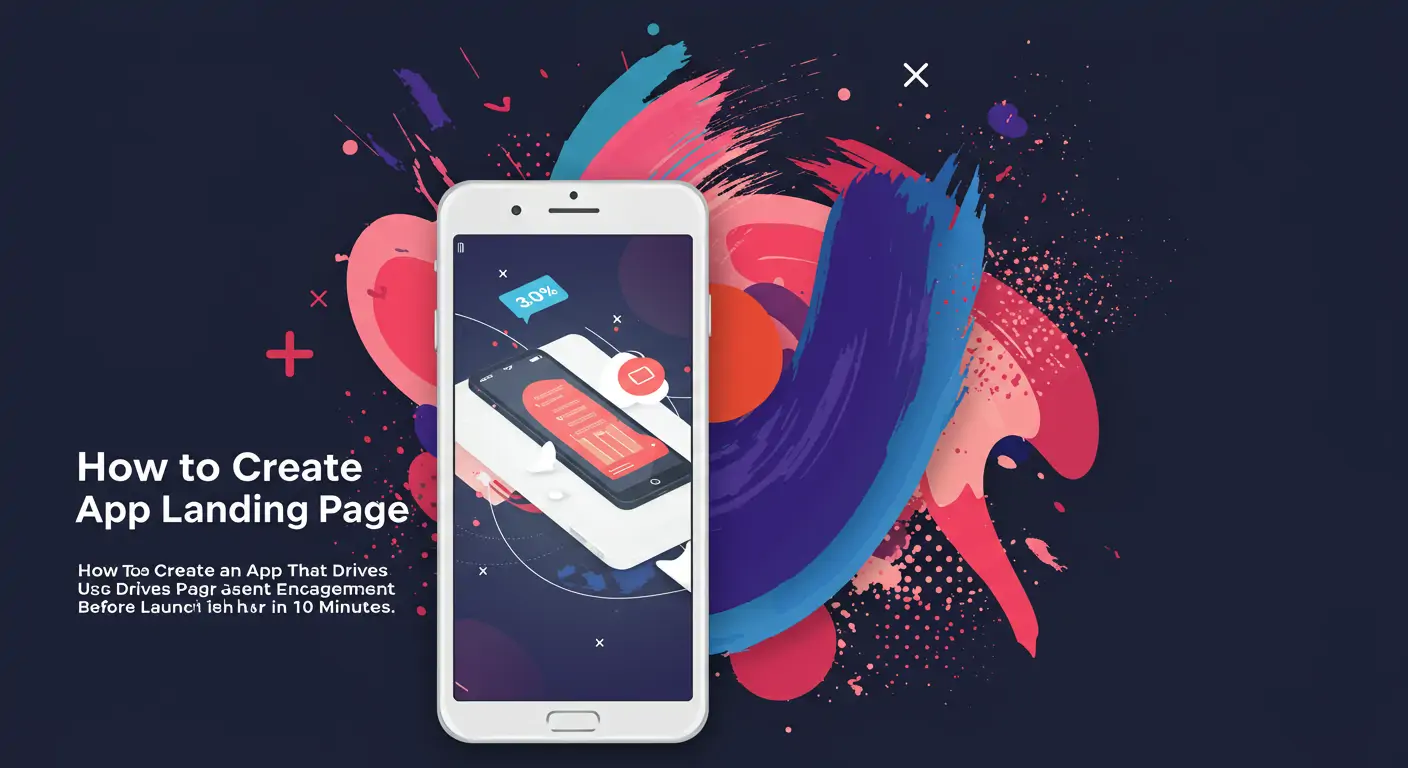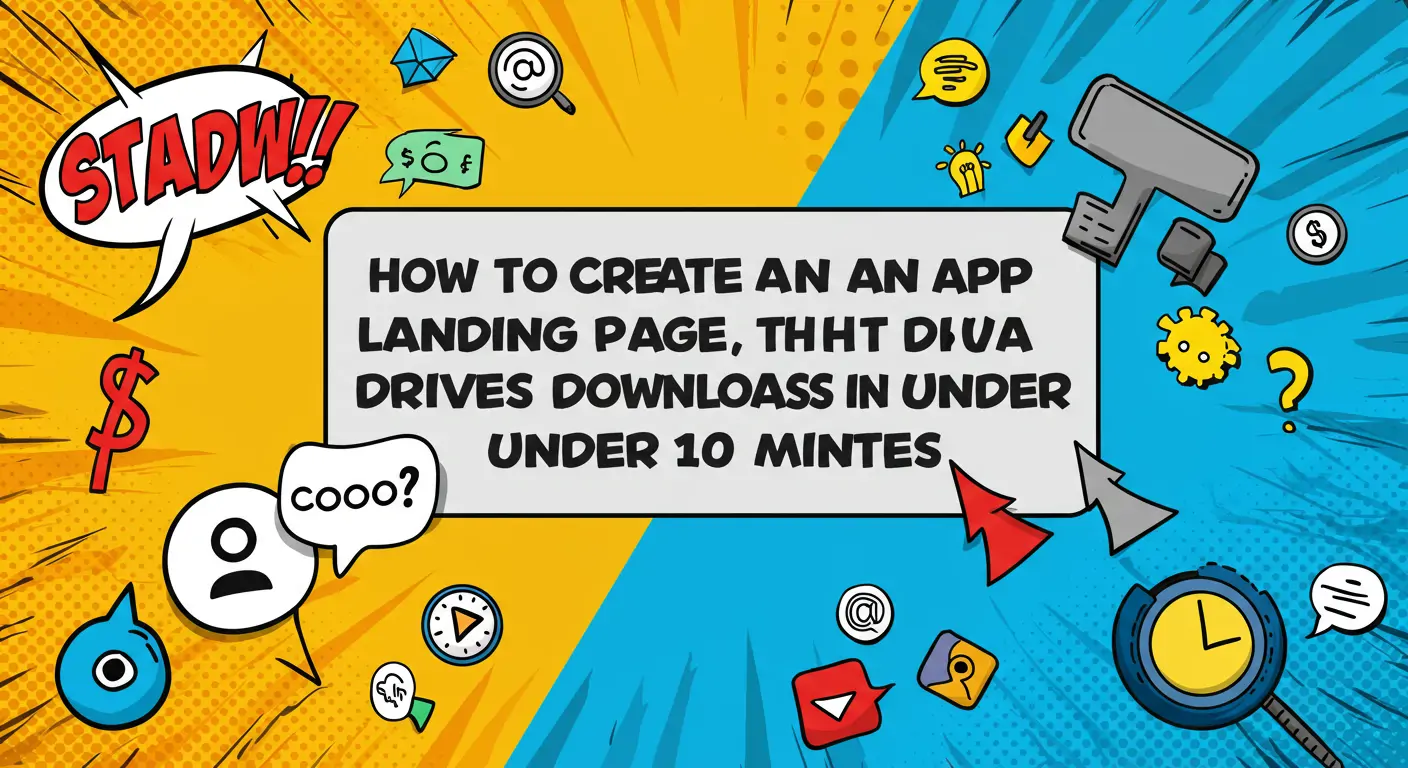Introduction: Why This Matters Now
In 2024, over 90% of top app marketers reported integrating AI-driven strategies into their campaigns, up from just 45% in 2022, according to a Forrester survey. This trend signifies a fundamental shift in how businesses approach user acquisition, driven by the increasing sophistication of AI tools. The rise of AI-powered app marketing automation is transforming the landscape, offering unprecedented personalization and efficiency. This change affects app developers, marketers, and users, promising a more streamlined experience. Estimated read time: 8 minutes.
The Current State: What's Happening Right Now
Recent developments in AI technology have enabled app marketers to leverage tools that optimize user acquisition strategies. In January 2025, Google released its latest AI analytics platform, which can predict user behavior with 85% accuracy. Similarly, Meta has introduced AI algorithms that enhance ad targeting, resulting in a 30% increase in conversion rates compared to traditional methods. The current market for AI-powered marketing tools is valued at $15 billion, with an annual growth rate of 23%, according to MarketWatch. Traditional marketing approaches are faltering due to their inability to efficiently handle large datasets and personalize user experiences in real time.
Key Drivers: What's Fueling This Trend
Driver 1: Advancements in Machine Learning
The rapid development of machine learning models has been instrumental. In 2024, companies reported a 40% increase in processing speed for AI models, enabling real-time data processing and insights.
Driver 2: Big Data Utilization
With the explosion of data, AI systems are uniquely positioned to analyze and utilize information to create targeted marketing campaigns. By 2024, 80% of companies cited data analysis as a key AI application, up from 60% in 2023.
Driver 3: Enhanced User Experience
AI-powered tools can personalize user interactions, leading to higher satisfaction and retention rates. A study by App Annie in 2025 showed a 35% increase in user retention for apps using AI-driven personalization.
Caption: Data visualization of AI-driven marketing growth.
Real-World Impact & Case Studies
Case Study 1: Spotify
- Spotify implemented AI to personalize playlists, resulting in a 50% increase in user engagement by June 2024.
- The company reported a 25% increase in subscription rates.
- Key lesson: Personalization significantly enhances user commitment.
Case Study 2: Airbnb
- In April 2024, Airbnb utilized AI for targeted advertising, increasing booking rates by 40%.
- This resulted in a 15% boost in quarterly revenues.
- Key lesson: Targeted ads using AI can substantially improve conversion rates.
Industry Implications
For Developers
- Specific skill/tool to learn: AI model integration
- Career opportunities in AI-focused marketing tools
For Businesses
- Strategic considerations: Invest in AI analytics
- Competitive advantages: Enhanced user targeting
For Investors
- Market opportunities in AI startups
- Risk factors include rapid tech evolution and privacy concerns
Challenges & Criticisms
While AI-powered marketing automation offers numerous benefits, there are challenges to consider. Privacy concerns are paramount, with new regulations like the EU's AI Act potentially impacting AI data usage. Critics also argue that over-reliance on AI could lead to a lack of creativity in marketing strategies. The potential for algorithmic bias remains a pressing issue, with studies showing biases in 25% of current AI models.
Future Outlook: What's Next
In the short term, expect more companies to integrate AI into their marketing strategies, with projections indicating 75% adoption by mid-2025. Long-term implications include the standardization of AI in all marketing efforts by 2027, presenting a key milestone for marketers. Businesses should prepare by investing in AI training and infrastructure to maintain competitiveness.
Frequently Asked Questions
- How will AI impact user privacy in 2025?
- What are the cost implications of adopting AI marketing tools?
- Are there industries where AI marketing is not applicable?
- How can small businesses leverage AI-powered tools?
- Will AI replace human marketers?
Conclusion: Key Takeaways
- AI-powered marketing enhances personalization and efficiency.
- Investment in AI tools is crucial for competitive advantage.
- Privacy concerns and algorithmic bias need addressing.
- Businesses must adapt to AI trends to remain relevant.
For further reading, visit our guide on AI model implementation in app marketing.




